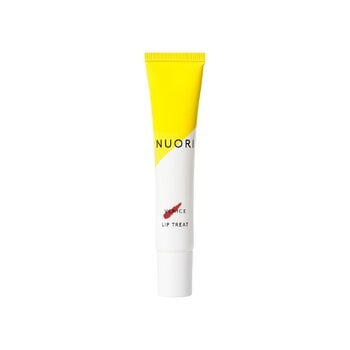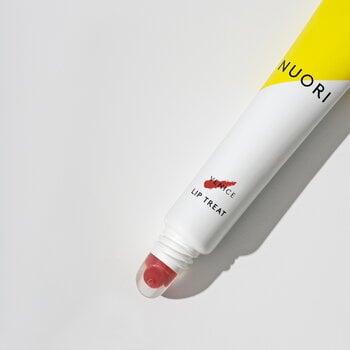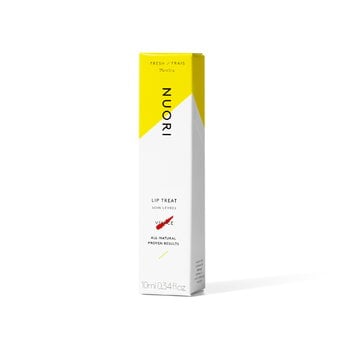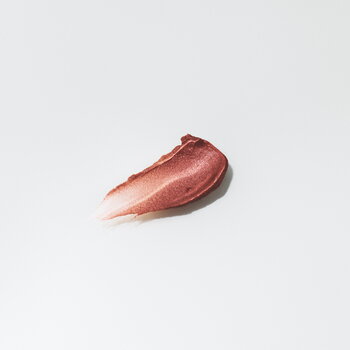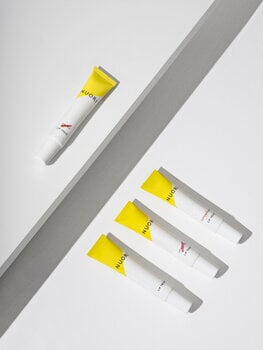Nuori’s Lip Treat Venice lip balm treats the lips with a moisturizing blend of natural ingredients while giving them a delicious warm red tint. The lip balm is made from rich and highly nourishing ingredients such as avocado, shea and cocoa butter, almond and apricot oil, and berry and beeswax. Lip Treat comes in a tube made of a sugarcane-based material.
The Nuori cosmetics and wellness products are made in small batches from the most natural and fresh ingredients available. The products are cruelty-free and do not contain parabens, mineral or petroleum oils, phthalates, silicones, sulfates or synthetic additives.
Ingredients: Olus Oil¹, Cera Alba (Beeswax), Butyrospermum Parkii (Shea) Butter, Prunus Amygdalus Dulcis (Sweet Almond) Oil, Prunus Armeniaca (Apricot) Kernel Oil, Rhus Verniciflua Peel Cera (Japanese Fruit Wax), Persea Gratissima (Avocado) Oil, Hydrogenated Vegetable Oil, Silica², Theobroma Cacao (Cocoa) Seed Butter, Tocopheryl Acetate (Vitamin E), Tocopherol (Vitamin E), Vanillin (Vanilla)3, Citric Acid, Parfum (Fragrance)3, CI 77491 (Red Iron Oxide)². ¹ Plant origin, ² natural origin, 3 from 100% natural vanillin
